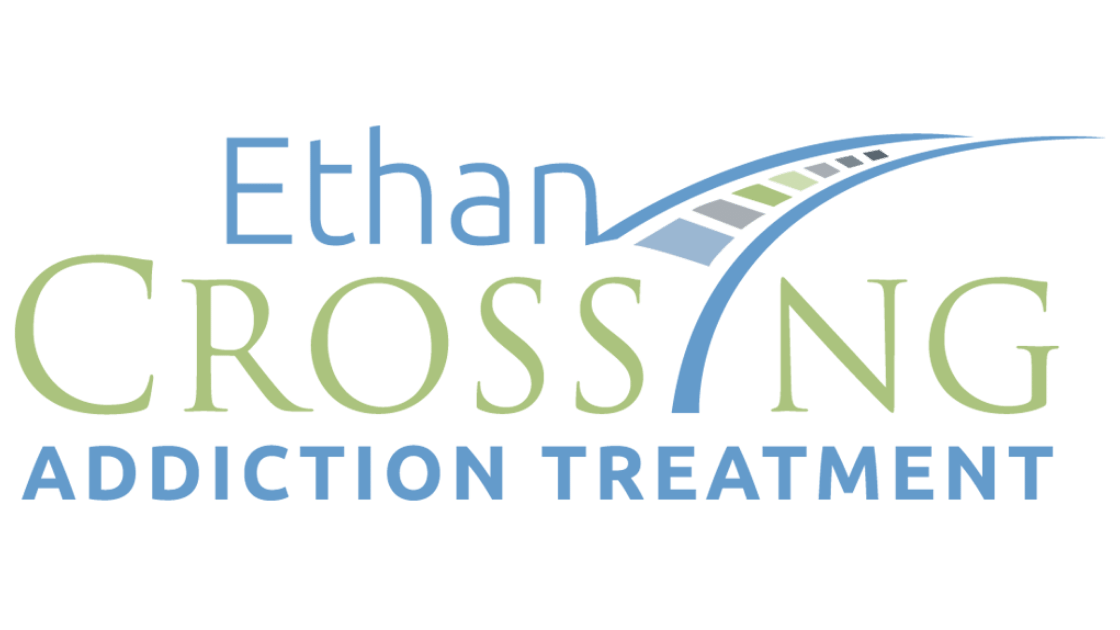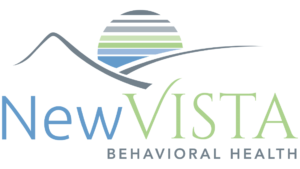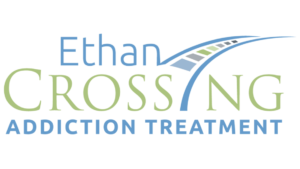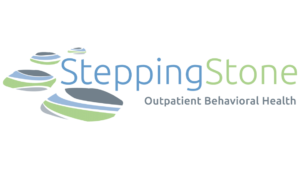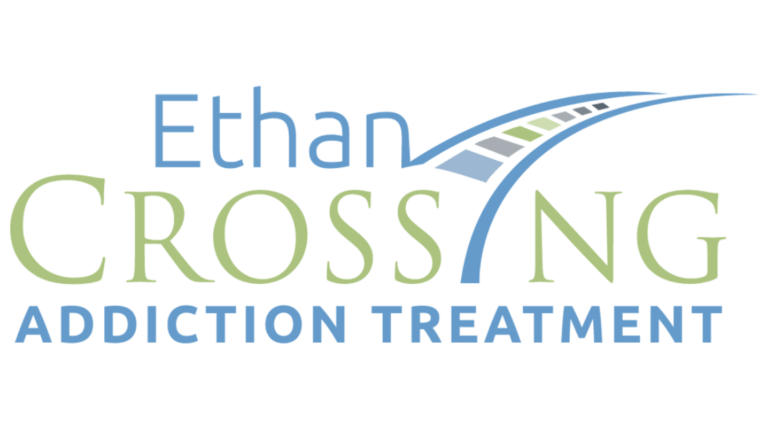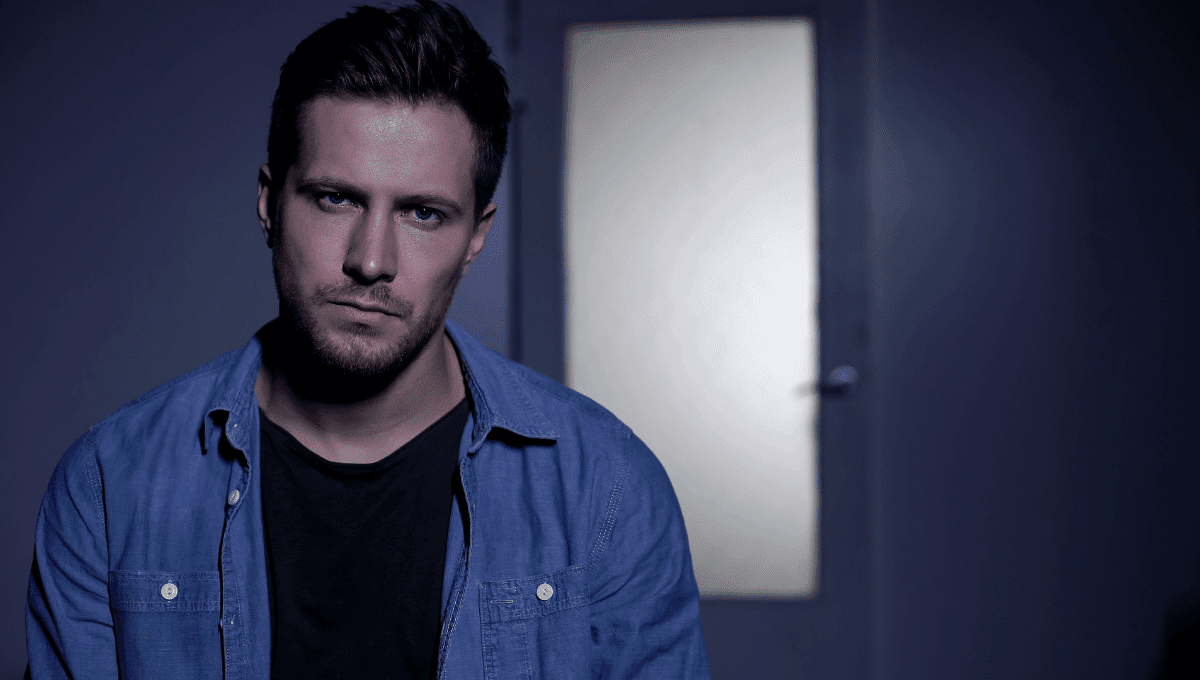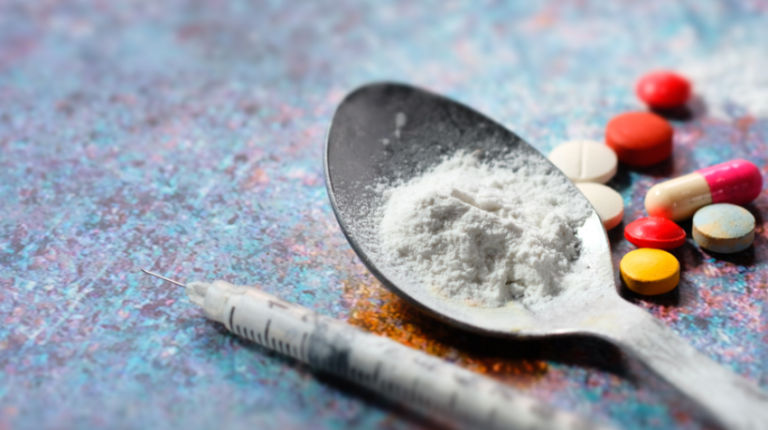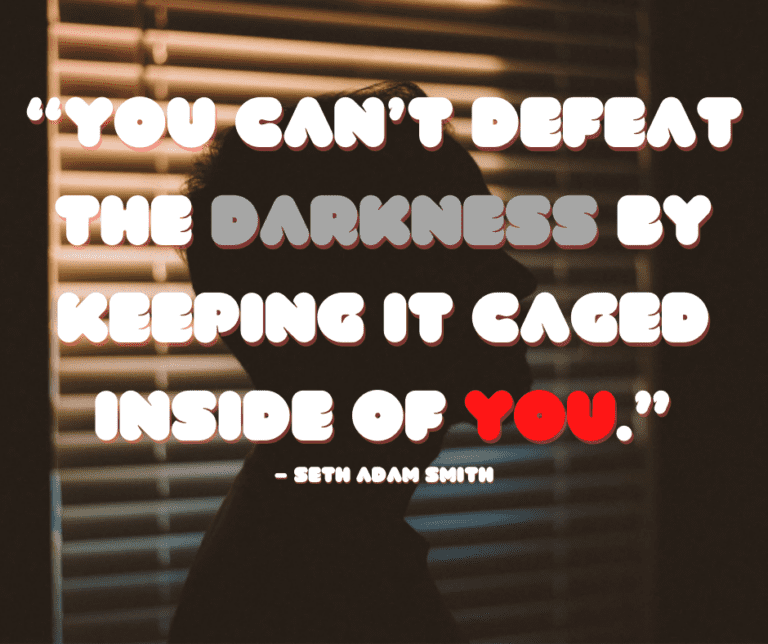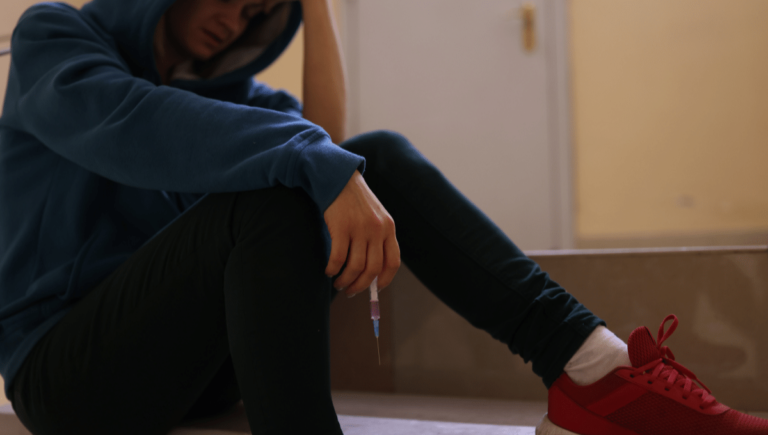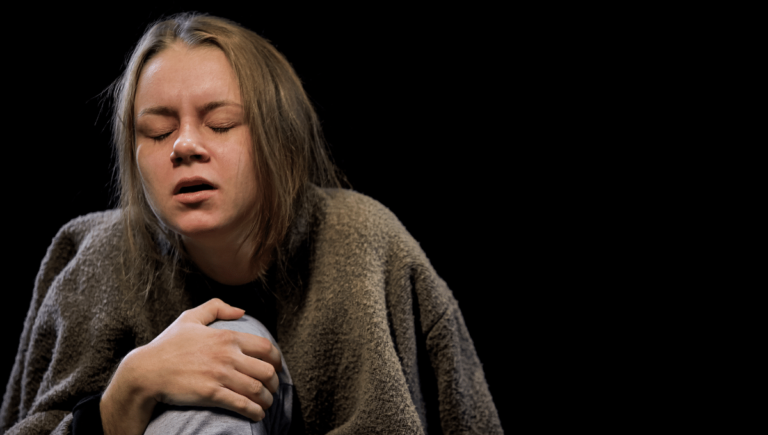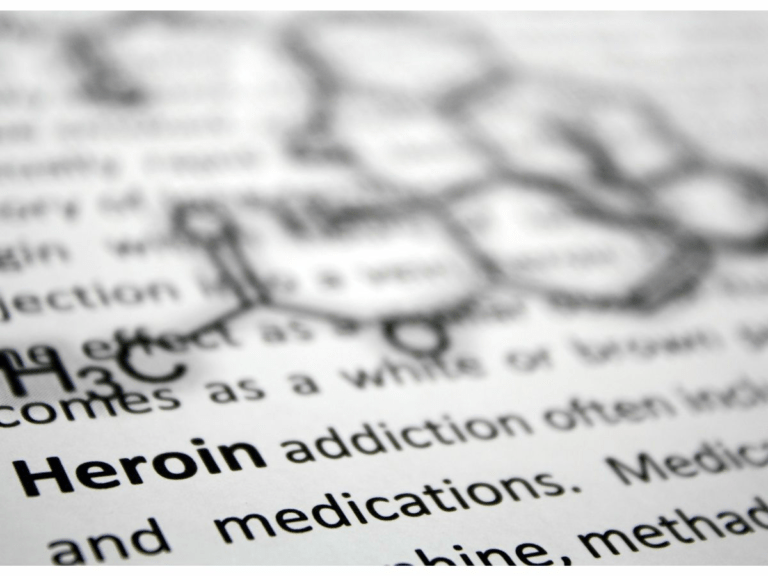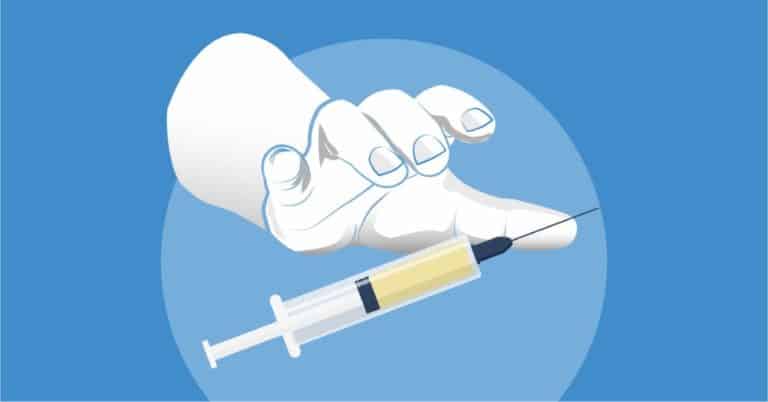If you or a loved one is struggling with heroin addiction, it’s essential to know two things. You are not alone and there are compassionate professionals ready to help you beat this affliction. Is heroin dangerous? Consider the following facts about heroin use:
- Drug overdose fatalities in the U.S. have tripled since 1990.
- Approximately 20 percent of Americans struggling with depression and anxiety also have a substance use disorder.
- People 18 to 25 years old are among the most likely to try addictive drugs, such as heroin.
- Nearly a half-million Americans over 12 years old use heroin regularly.
- About 886,000 Americans used heroin in 2017.
- Approximately 25 percent of people who try heroin one time become addicted.
- Nearly 21 million Americans struggle with at least one addiction, but only 10 percent get the treatment they deserve.
These are powerful reasons to enroll in a heroin detox program in Ohio. Others include the emotional harm done to friends and family members. At New Vista, we provide a compassionate heroin treatment program that offers a pathway to taking back your life. We understand that too many people do not seek professional help because they fear the unknown. That being said, these are things to know before entering a treatment program.
When you enter a drug detox center, you can anticipate undergoing a thorough physical and cognitive examination. This information is gathered to allow the medical staff to create an effective treatment program that speaks to your unique needs and circumstances. These are routine procedures you can expect.
- Electrocardiograms will be used to determine the health of your heart
- Urine and blood tests are conducted to provide a full picture of substances in your system
- Tests for diseases such as hepatitis and HIV are necessary to ensure your long-term health
- Screening for mental illness is vital for our staff to craft a detox program
Our team of experienced professionals will use your medical and cognitive information to make informed decisions about safe next steps throughout the process. These introductory steps allow staff members to provide the quality care necessary to successful heroin addiction treatment.
With a plan of action in hand, the stabilization phase begins. This involves eliminating the heroin in your body carefully and with diligent monitoring. Heroin addiction treatment comes with wide-reaching withdrawal symptoms before everyday people can regain their health and wellness.
Jump To Section
Importance of Heroin Addiction Treatment
You can become dependent on heroin after using it just a few times. That’s because it’s a highly addictive substance that changes your brain chemistry and makes you crave more every time you use it. Trying to quit heroin on your own can lead to painful and uncomfortable withdrawal symptoms. Heroin withdrawal is a key reason why people cannot stop using the drug and typically relapse within a few days of trying to stop. However, in a heroin detox center, those symptoms are better controlled, creating a way out for many using this drug.
Several factors play a role in the type and severity of withdrawal. The length of use, how much is being used, and the body’s unique physical attributes are a few of those factors. When a person experiences withdrawal, they may feel symptoms such as:
- Intense nausea with or without vomiting
- Agitation, heightened anxiety, and intense fear
- Sweating profusely
- Shaking
- Abdominal pain, sometimes muscle and bone pain
- Muscle spasms
Some people have more extreme withdrawal symptoms. There’s no way to know what will happen when they stop using. Some symptoms can be more intense, such as feeling physical pain. Other symptoms may include hallucinations, paranoia, and a rapid heart rate. Some may also struggle with insomnia for a long period of time.
Seeking Help For Substance Addiction?
Whether you’re calling for yourself or a loved one, our Admissions Coordinators are here to help. Your call is confidential, and there’s no pressure to commit to treatment until you’re ready. Our team is standing by 24/7.
Over the long term, withdrawal symptoms can create numerous complications. Some may develop difficulty feeling any pleasure for some time. Others may face depression, lasting hypertension, or impaired respiration.
Signs Of Heroin Addiction
- Changes in physical appearance
- Isolation from those close to you
- Neglected schoolwork or job responsibilities
- Risky behavior
1. Changes in Physical Appearance
You may notice changes in physical appearance due to the toll heroin takes on your body. Here are some of the physical signs that you need to check into a substance abuse treatment center:
- Bloodshot eyes
- Dilated pupils
- Sudden weight loss or weight gain
- Unexplained injuries and nosebleeds
- Shakes or tremors
You may find that you are drowsy and more tired after using heroin. Poor hygiene and changes in appearance may also indicate that you or someone you know has a heroin use disorder.
2. Increasing Isolation
You may feel disconnected from your family and friends. Those with a heroin use disorder often prioritize getting and using the drug over activities that they would normally enjoy. Additionally, if family members know about the drug abuse, they may begin to close themselves off from you.
If you notice both physical changes and are increasingly isolated, it may be time to check into our heroin detox center.
3. Neglecting Responsibilities
Heroin addiction can consume your entire life. This manifests in a number of ways. If you find yourself neglecting family obligations, job responsibilities, or skipping classes to use heroin, it is a sure sign that you need to enroll in a drug detox center.
4. Self-Destructive, Unpredictable Behavior
If you suddenly start getting into arguments or physical altercations, this could be a sign that you are out of control. Using heroin and other drugs lowers your inhibitions which can lead to self-harm or irresponsible behavior. For example, you may jeopardize your financial future for the sake of sustaining your heroin use.
Evidence Based Therapies for Heroin Addiction
Each treatment program will have similar therapies and techniques available, but some programs will have features that make them distinct. For a rehab program to be successful, it should treat the individual’s unique needs, not necessarily the addiction. The following therapies for individuals have shown to be effective in treating heroin addiction:
- Cognitive-behavioral therapy
- Dialectical behavior therapy
- Motivational enhancement therapy
- Contingency management
- Family counseling
No one treatment will be effective all of the time. However, with the help of an individualized treatment program, you can find a treatment plan that addresses your unique challenges. A combination of these therapies combined with medication assistance and ongoing peer recovery has the most long lasting positive outcomes. To determine what treatment options can help you recover from opioid addiction, reach out to New Vista today.
Frequently Asked Questions: Heroin Rehab And Treatment
-
What is the success rate for rehab?According to studies, roughly 80 percent of patients report benefiting from improved quality of life and health after completing drug and alcohol rehab. The definition of success for heroin rehab may not be lifelong abstinence but benefiting from positive psychological, social, and legal improvements that make the individual’s life easier.
-
How do can you tell if a drug rehab center will be effective?
Effective Treatment addresses multiple needs of an individual, not just substance dependence. An effective treatment center provides support for medical, psychological, social, vocational, as well as legal problems while providing a safe space for recovery.
-
Who benefits the most from inpatient rehab?
Inpatient treatment and rehab is highly beneficial for anybody struggling with heroin addiction, but individuals that are in the 4th or 5th phase of the addiction cycle and have surpassed the initial use, abuse, and tolerance stages are most likely to benefit. These individuals have a history of relapse and long-term severe dependence. These individuals may also have a co-occurring mental health condition.
Heroin Addiction Medications
In a heroin addiction treatment center, medications can help to ease some of these symptoms significantly. Each person receives a full physical to determine what their dependence is and what type of medications may help them. Some of the medications used by a drug detox center to control withdrawal and minimize complications include:
- Methadone – This is a slow-acting opioid agonist. It helps to reduce the feeling of being high that the use of heroin typically creates. As a result, it limits withdrawal symptoms.
- Buprenorphine –This drug is a partial opioid agonist that works to relieve drug cravings by limiting the high a person has. One of the most commonly known types of Suboxone. It helps prevent a person’s ability to get high.
- Naltrexone – This drug is an opioid antagonist, which means it blocks the action of opioids. It does not create addiction and does not cause sedation, which other medications can do.
For many men and women, these drugs, administered in a supportive environment, can make a big difference in controlling outcomes. It’s also easier physically and mentally to have constant support.
How Long Does Treatment Take?
Usually, most inpatient rehab programs run for 28 to 90 days or even longer. The recovery process cannot be forced or induced, and there is no specific time frame within which a patient is expected to recover from an addiction. A few weeks in therapy and counseling are enough for some patients to help them recover, while some others will need more support and a longer time.
The length of time for an individual’s treatment will differ based on factors including but not limited to:
- The level of substance dependence
- Abuse of multiple substances
- Underlying health issues
- Length of time of addiction
A proper evaluation of the above factors will help to recommend an effective inpatient addiction treatment program. Although some clients prefer to breeze through their rehab programs to return to their normal routine, assessments need to be carried out to certify that a client has made a full recovery. It is better and cheaper for an individual to spend the required time undergoing treatment than running off and suffering a relapse only to start the recovery journey again.
Addiction Treatment Centers By Location
All Treatment Centers: See Rehab Centers
Springfield: Ethan Crossing Addiction Treatment of Springfield
Cleveland: Ethan Crossing Addiction Treatment of Cleveland, Ohio
Columbus: Ethan Crossing Addiction Treatment Of Columbus, Ohio
Indianapolis: Ethan Crossing Addiction Treatment of Indianapolis
Find Help Through Our Heroin Addiction Treatment Programs
The symptoms of heroin withdrawal may be hard to watch in a loved one. A heroin detox center can provide real help right away. To learn more about our drug detox center, reach out to us. Our admissions coordinators are available 24/7 and are ready to help you during your time of need.
Sources
- Heroin Drug Facts
- Short Term Effects Of Heroin
- Treatment Options For Heroin Abuse
- https://www.drugabuse.gov/publications/principles-drug-addiction-treatment-research-based-guide-third-edition/frequently-asked-questions/how-effective-drug-addiction-treatment
- https://www.drugabuse.gov/publications/drugs-brains-behavior-science-addiction/treatment-recovery
- https://www.samhsa.gov/data/sites/default/files/2016_Treatment_Episode_Data_Set_Annual_Revised.pdf
- https://www.hazeldenbettyford.org/education/bcr/addiction-research/outcomes-ru-717
